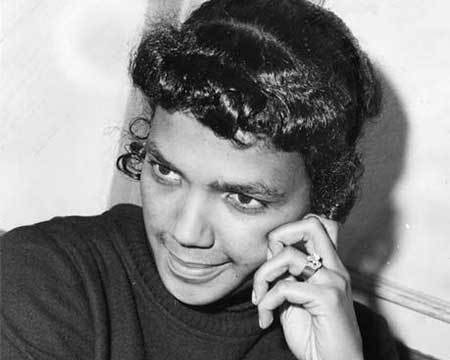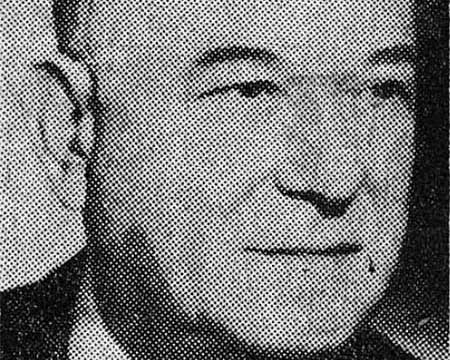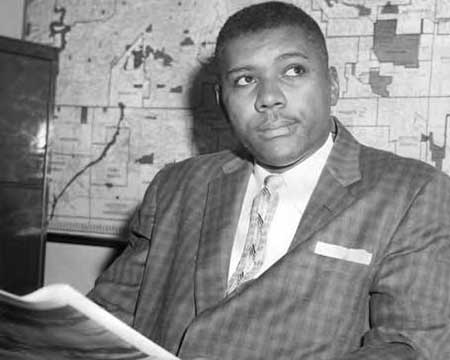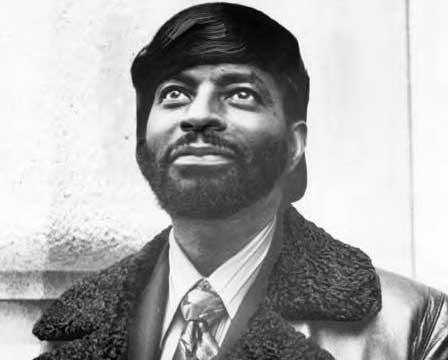Mapp v. Ohio - 367 U.S. 643 (1961)
Case Overview
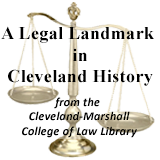
In May 1957, Cleveland Police forced entry into Dollree Mapp's home without a warrant. They were looking for a bombing suspect and during the search found a gun, some policy (i.e., gambling) paraphernalia, and obscene literature. Though Mapp claimed that the illegal materials belonged to a former boarder, she was arrested on a felony charge for possession of obscene materials under the Ohio Revised Code section then in effect, which stated: "No person shall knowingly have in his possession or under his control an obscene, lewd or lascivious book, magazine, pamphlet, paper, writing, advertisement, circular, print, picture, photograph, or pictures and stories of immoral deeds, lust or crime." OHIO REV. CODE §§2905.34-.35 (Supp. 1958).
The course of Mapp's defense, which successfully made its way to the Supreme Court of the United States, is notable because it changed as the case progressed. What began as a case about First Amendment rights, i.e. freedom of speech, became a case about Fourteenth Amendment rights, dealing with both the due process of law and equal protection. Yet, the case was ultimately resolved by the U.S. Supreme Court based on Fourth Amendment rights. The Court held that evidence obtained without a warrant could not be admitted at criminal proceedings.
Site Features:
- Progression of the Case:
- Illegal Search and Seizure
- Court of Common Pleas (Case No. 68,326)
- Eighth District Court of Appeals of Ohio (Case No. 24,699)
- Supreme Court of Ohio (Case No. 36,091)
- Supreme Court of the United States (Case No. 236)
- Judicial Conference and Decision
- Oral Argument (Streaming Audio)
- Browse all documents, photos & newspaper articles
- Credits and Further Reading

